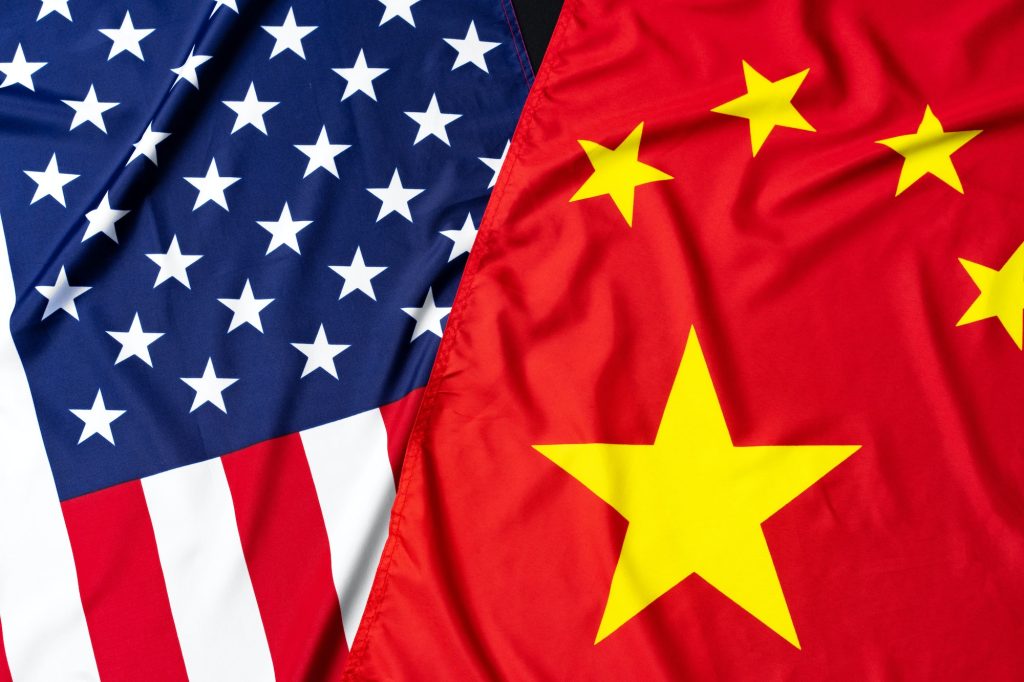
Balancing national interests and diplomatic responsibilities is a complex task that requires careful consideration and strategic planning. National interests refer to the goals and objectives of a country, while diplomatic duties refer to a country’s obligations towards other nations. The challenge lies in finding a balance between these two competing priorities.
Economic, political, and security considerations often drive national interests. Countries strive to protect their sovereignty, promote their economic growth, and ensure the safety of their citizens. These goals can sometimes conflict with the needs and aspirations of other countries. For example, a government may seek to protect its domestic industries by imposing tariffs on imports from other countries. This action may be seen as unfair by trading partners relying on exports for economic growth.
Diplomatic responsibilities, however, require countries to act by international norms and standards. This includes respecting human rights, promoting peace and stability, and cooperating with other nations on climate change or terrorism. Diplomatic responsibilities also involve maintaining good relations with other countries through dialogue and negotiation.
The challenge for policymakers is to find ways to pursue national interests while also fulfilling diplomatic responsibilities. One approach is to engage in diplomacy that seeks win-win outcomes for all parties involved. This means looking for opportunities where both sides can benefit from cooperation rather than engaging in zero-sum games where one side wins at the expense of the other.
Another approach is prioritizing specific national interests over others when they conflict with diplomatic responsibilities. For example, a country may prioritize human rights over economic growth when dealing with an authoritarian regime that violates fundamental freedoms.
Balancing national interests and diplomatic responsibilities requires careful consideration of short-term and long-term consequences. Short-term gains may come at the expense of long-term relationships or reputational damage that could harm a country’s ability to achieve its goals in the future. Balancing national interests and diplomatic responsibilities is an ongoing challenge for policymakers worldwide.
It requires careful consideration of competing priorities and a willingness to engage in dialogue and negotiation to find win-win outcomes. By prioritizing long-term relationships and considering the broader implications of their actions, countries can achieve their goals while fulfilling their diplomatic responsibilities.
